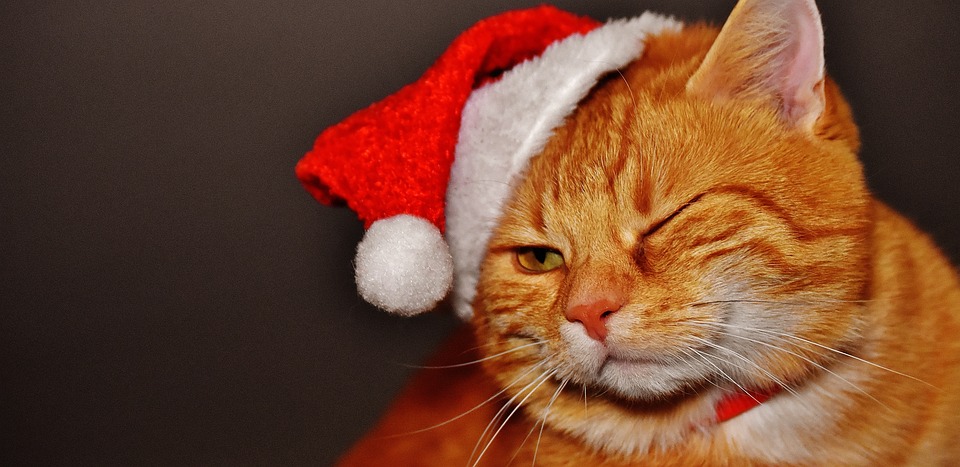Cats, being obligate carnivores, have specific dietary needs that are crucial for their overall health and well-being. However, many cat owners are unaware of the common dietary issues their feline companions may face. In this article, we will explore some of these issues and provide valuable insights on how to address them through proper nutrition.
**1. Obesity: The Growing Concern**
Obesity has become a significant health issue among cats, leading to various health problems and a shortened lifespan. Understanding the causes, consequences, and solutions to feline obesity is essential for cat owners.
1.1 Causes of Obesity in Cats:
– Overfeeding and excessive calorie intake
– Lack of exercise and physical activity
– Free-feeding or unlimited food access
– Neutering or spaying, which can slow down metabolism
1.2 Consequences of Obesity in Cats:
– Increased risk of diabetes, arthritis, and heart disease
– Reduced mobility and exercise intolerance
– Lowered immune response and increased susceptibility to infections
– Poor grooming habits and hygiene issues
1.3 Addressing Obesity through Proper Nutrition:
– Consult a veterinarian to assess the cat’s weight and determine a suitable weight loss plan
– Feed portion-controlled meals rather than free-feeding
– Choose low-calorie, high-protein cat food options
– Incorporate interactive toys and playtime to promote exercise
**2. Food Allergies and Intolerances: Identifying and Managing**
Food allergies and intolerances can cause discomfort and health issues in cats. Identifying the culprits and managing these dietary sensitivities is crucial for maintaining optimum feline health.
2.1 Signs of Food Allergies and Intolerances:
– Frequent scratching, itching, or excessive grooming
– Digestive issues such as vomiting, diarrhea, or flatulence
– Skin irritations, rashes, or ear infections
– Poor coat quality and excessive shedding
2.2 Identifying Food Allergies and Intolerances:
– Elimination diet: Introduce a hypoallergenic diet and gradually reintroduce ingredients to identify triggers
– Allergy testing: Consult a veterinarian for specialized allergy testing
2.3 Managing Food Allergies and Intolerances:
– Avoid feeding the allergenic ingredients identified during the testing period
– Opt for limited ingredient diets or hypoallergenic cat food options
– Read ingredient labels carefully and avoid potential allergens
– Consider supplements, such as essential fatty acids, to support skin health
**3. Hairballs: Prevention and Relief**
Hairballs are a common issue among cats, especially those with long hair or excessive grooming habits. Understanding how to prevent and alleviate hairballs through proper nutrition can significantly improve your cat’s comfort.
3.1 Causes of Hairballs in Cats:
– Ingestion of excessive amounts of hair during grooming
– Poor grooming habits or difficulty in expelling hair naturally
– Certain health conditions affecting digestion and motility
3.2 Preventing and Alleviating Hairballs:
– Regular grooming to remove loose hair and reduce ingestion
– Adding fiber to the diet to promote regular bowel movements
– Special hairball control cat food options available in the market
– Providing access to grass or cat-friendly plants for natural hairball elimination
**FAQs: Frequently Asked Questions**
Q1. Can I feed my cat a homemade diet to address dietary issues?
A1. While homemade diets can be an option, it’s crucial to consult a veterinarian or a veterinary nutritionist to ensure they meet all the necessary nutritional requirements.
Q2. How can I encourage my overweight cat to exercise?
A2. Engage your cat in interactive play sessions using toys, laser pointers, or feather wands. Gradually increase the duration and intensity of the exercise to promote weight loss.
Q3. Are grain-free diets beneficial for cats with food allergies?
A3. Grain-free diets may not necessarily be the solution as cats are more likely to be allergic to specific proteins rather than grains. Consult a veterinarian to determine the best diet for your cat’s allergies.
Q4. Is it normal for my cat to vomit hairballs occasionally?
A4. Occasional hairball vomiting is considered normal. However, if the frequency or severity increases, it’s advisable to consult a veterinarian to rule out any underlying issues.
**Conclusion:**
By understanding and addressing common dietary issues in cats, you can provide the proper nutrition necessary for your feline companion’s optimal health. Remember, consultation with a veterinarian is crucial for accurate diagnosis, appropriate dietary recommendations, and long-term management of these issues.








